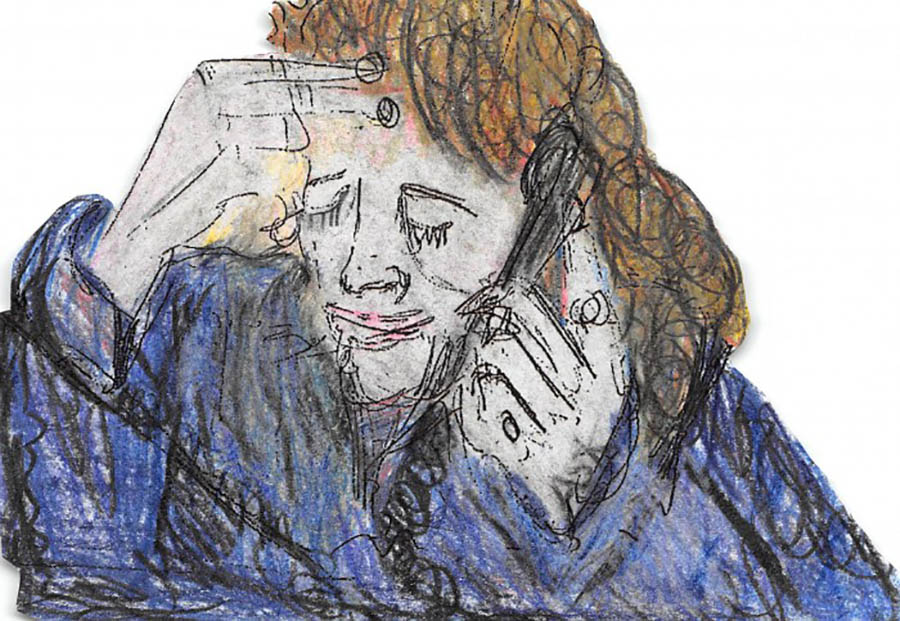
Gender Bias is a Key Reason Women Suffer More Depression than Men
Women in the United States are about twice as likely as men to suffer from depression. This mental health disparity begins in early adolescence and persists throughout life. Common explanations of this disparity include biological differences between men and women; normal hormonal changes associated with puberty, menstruation, pregnancy, post-partum depression, and menopause; and so-called “role overload” from having careers that are just as demanding as men’s but domestic responsibilities that are far greater. In our view, however, a key reason women suffer more depression than men is because of the gender bias they face in the workplace. Let’s look at three common situations in which such bias can adversely affect women’s mental health.
First, as they pursue career advancement women are often unfairly denied promotions and high profile work assignments, given administrative assignments rather than line responsibilities, and excluded from important networking opportunities. They are also frequently subjected to micro-inequities — having their ideas ignored, devalued, or stolen by men; not being invited to career-relevant social activities; and forced to endure slights, sexist remarks, and derogatory humor. When women work in environments in which they are confronted with gender bias of this sort, they frequently react in one of two ways: either they become frustrated, discouraged, and emotionally exhausted, or they interpret their discriminatory treatment as an indication that they lack what it takes to get ahead. If a woman reacts in either of these ways, she is in all likelihood a prime candidate for anxiety, depression, and mental health problems.
Second, in 2013 women earned on average 83 cents for each dollar men earned. Researchers recently sought to determine if this wage gap contributed to women’s poorer mental health. They paired 9,000 women and men with equal productivity markers, such as work experience and education. They found that in the pairs where the women earned less than their male counterpart, the women were three to four times as likely to suffer from depression and anxiety as were the men. As the wage gap decreased, however, the odds of depression and anxiety decreased. Women with incomes that equaled or exceeded their male counterparts were no more likely to have experienced depression or anxiety than the men. The researchers concluded that a substantial portion of the gender wage gap is not explained by productivity factors. They found that this residual gap is, instead, “due to unobserved structural and discriminatory processes” and that the “relative income difference between women and men explained much of the disparities” in depression and anxiety.
Third, women are as likely to experience discriminatory bias after they have achieved leadership positions as they are as they are trying to do so. Researchers found that women with job authority — the power to hire, fire, and influence the salary of employees — had a 9 percent greater risk of experiencing depression than women without job authority. Men with job authority, on the other hand, had a 10 percent lower risk of experiencing depression than men without job authority. This disparity between the likelihood women and men will develop depression is in all likelihood caused by the double bind — or what we refer to as the Goldilocks Dilemma — women face when they have job authority. If, on the one hand, a woman behaves in accordance with traditional female stereotypes by displaying characteristics of caring, empathy, and sensitivity, she is likely to be seen as lacking the power, competitiveness, and ambition characteristic of a leader. If, on the other hand, she behaves assertively and acts with authority, she is likely to be criticized as being unfeminine and socially isolated, denied significant support from colleagues, and subjected to poor evaluations. In other words, she is seen as either too soft or to hard, but rarely just right. Thus, whether she plays it soft or hard, communal or agentic, a woman with job authority seldom enjoys the psychological benefits normally associated with this sort of power — power that clearly boosts men’s mental health.
In raising the link between gender bias and depression, in no way do we mean to minimize the serious medical implications of depression. If you are experiencing a persistent feeling of sadness, have lost interest in in activities that were once pleasurable, are having trouble doing normal day-to-day tasks, or sometimes feel as if life isn’t worth living, you should consult your doctor. For more information about depression and its treatment, go to the website of the American Phychiatric Association. We have no doubt, however, that gender bias in the workplace is a significant and persistent cause of women experiencing a greater incidence of depression than men. Therefore, if you are confronted with hurtful gender bias at work, you need to deal with it promptly and decisively. We hope our book and our blog posts will help you do precisely that.

